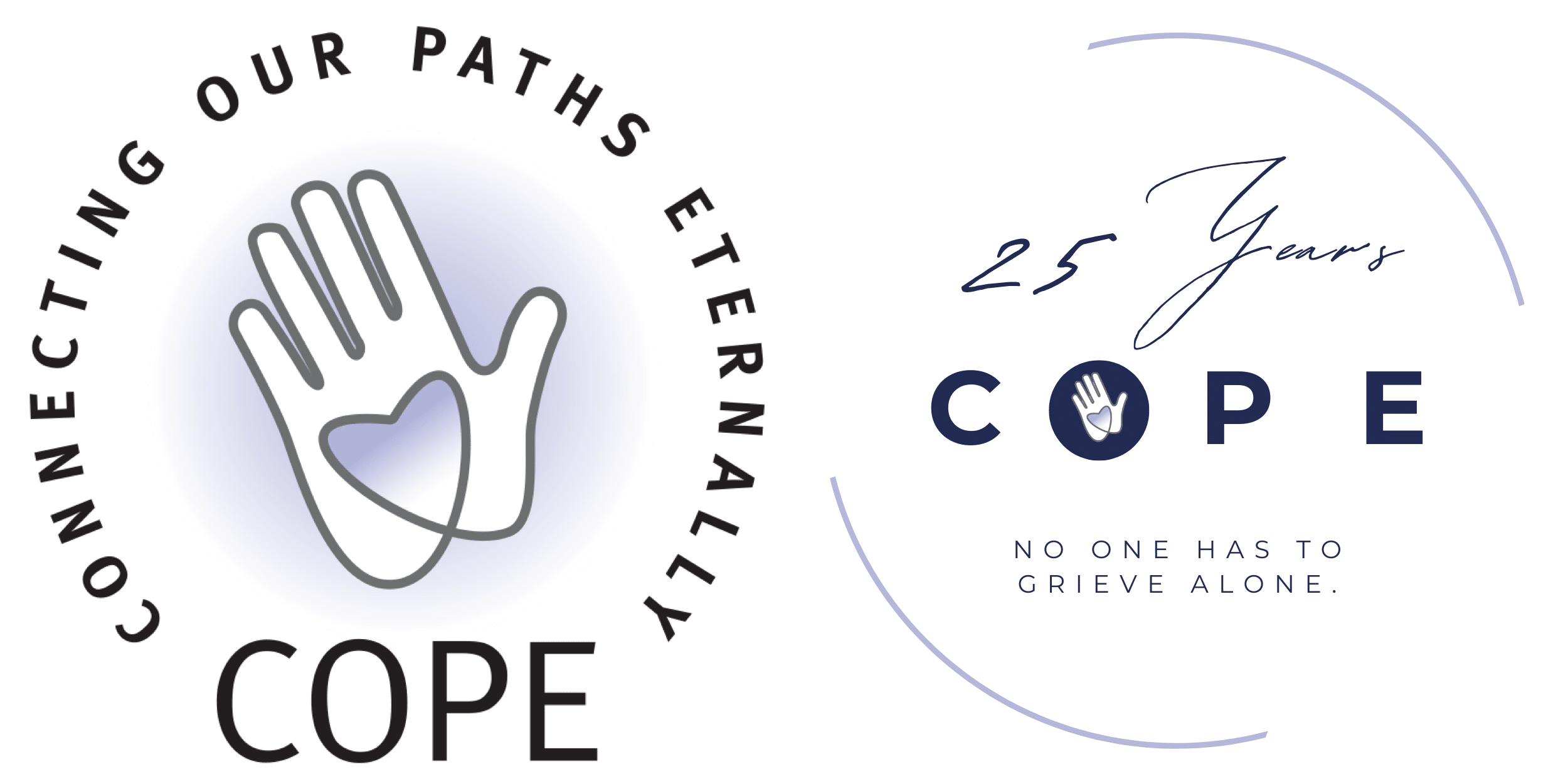Waves in an Ocean of Grief
When considering what to write this month I found myself continuing to encounter examples of the constant presence of loss and grief in our lives both in the small everyday ways and larger, tragic events. Whether I heard it in session with clients, in support groups, talking with friends and family, or watching the news, people in general and especially grieving individuals are recently finding themselves overwhelmed by the impact that recurrent loss or reminders of loss can have on their wellbeing. As a mother and a grief professional, I too, have recently struggled to find the balance.
We often talk about the grief and healing experience as coming in waves. There are ups and downs and we are constantly moving, backwards and forwards, sometimes with more difficulty treading water than other times. Sometimes we feel like we are making progress, whatever that might look like for us. And sometimes we are just staying afloat. But what about times when it seems that we are overcome by not just waves, but rather an entire ocean of grief where there is no relief, no calm waters, only huge swells and an uncertain horizon?
In grief there are typical, everyday “grief bursts,” or sudden bursts of feelings that come out of nowhere or are tied to an otherwise seemingly innocuous occurrence like a song on the radio or a familiar smell that reminds us of our loved one. There are the common, expected triggering events like birthdays, anniversaries, holidays, or special events that underscore their absence in our lives. These grief bursts or triggers are normal and expected, but they can still lead people to worry about their grief process, expressing concern that they felt like they were doing better, but are now feeling worse again. Grieving individuals can feel discouraged that they are “right back where they were” despite how much time has passed. Yet as time continues and people are able to ride these waves and find relief in the times in between, they can often learn how to avoid them, plan for them, or practice how to cope with them.
But then there are times, as we seem to find ourselves in now, that the constant presence and reminders of grief and loss can overwhelm us with those all too familiar feelings of sadness, pain, trauma, and isolation.
The recent rise in COVID-19 cases has reignited those feelings of fear and worry about the health of those around us, especially the most vulnerable. COVID positive individuals needing to isolate themselves, even just for 5 days, is bringing people back to the crippling isolation and loneliness they experienced at the height of the COVID-19 lockdown 2 years ago. The progress towards normalcy we’ve made with lifting mask mandates and gathering in celebration again is reminding those who have to miss out because of COVID exposure or sickness how much we as a society have missed out on for the past couple years – the graduations, the weddings, the births, and the everyday milestones.
The shootings in Uvalde, Buffalo, and countless other communities, whether it affects us directly or is consumed by us through the news, surrounds us with anger and sorrow. Witnessing such pain can be extremely traumatic and scary for all of us, and even more so for grieving individuals. It can bring us back to that very raw, visceral place in our grief, reminding us of the trauma we’ve experienced and seeing ourselves in the anguish of those who are currently suffering. Grief has an enormous impact on both our emotional and physical health and hearing the news that the husband of one of the slain Uvalde teachers died 2 days later of an apparent heart attack only underscores the need for bereavement support.
I was asked earlier this week what words of support I would have for the families of Uvalde and I found myself at a loss. As grieving individuals know, sometimes there are no words.
But for those in our community, in times like these when the ocean of grief is wider and deeper than feels possible to manage, be gentle with yourselves.
Turn off the news when it becomes too much to bear. If you have young children you’re caring for, make it a pajama and TV day. If activism or service feels meaningful and productive, do that. Give yourself the opportunity to process feelings with those around you and give yourself the space to not talk about it if that’s what you need. Have compassion and grace with the feelings that arise and use every tool you have to care for yourself.
Know that just like with the song on the radio or that milestone anniversary, you will make it through this time and none of us has to do it alone.
—
Claire Sharkey, LCSW
Clinical Director, COPE Foundation
(516) 274-0540

